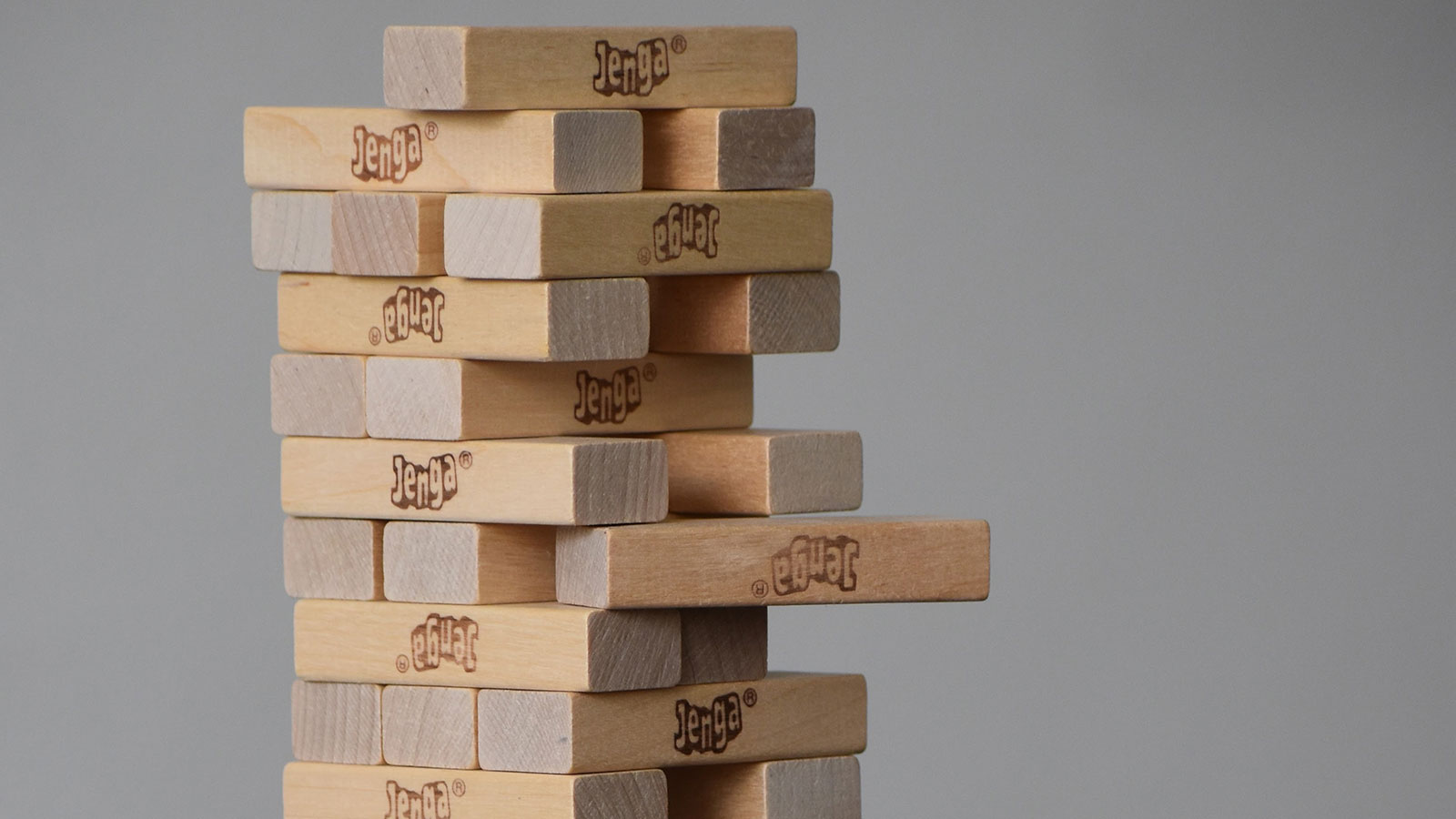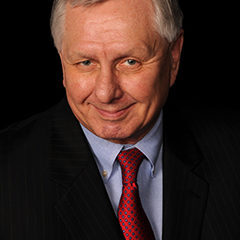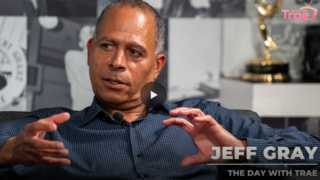
For the casino and hospitality industry, the first lesson is that we are not reopening properties, we are rebuilding the hospitality businesses.
Almost all aspects of the casino business have been impacted by COVID-19. Casino resorts are a combination of business operations working together to provide guests an escape. The business operations are hotels, restaurants, spas, fitness centers, nightclubs, retail, and RV parks; just to name a few. Operators spent the last few months considering every corner of our business. The resulting changes go deep into the heart of what we sell.
And, it’s not nearly over.
As states struggle to find the right combinations to safely reopen the economy, the media is pounding home the message that we are not safe. Fear, conflict and turmoil sell commercials and ads. This will most likely continue.
Here are some operational items to keep in mind as we continue to wade through the coronavirus swamp:
For now, the body cram business model is dead
Casinos and hospitality businesses are designed for mass markets and crowds. All hospitality businesses depend on maximizing ROI for available space. Restaurants need to turn tables, hotels manage yield to sell rooms, concerts strive to sell out venues, and bars and nightclubs pack bodies.
Casinos push to attract high-end players who contribute a disproportionate level of revenue. But it’s the more populated mid- and low-tier players that feed revenue day in and day out. For the immediate future, the body cram business model is dead.
Reaching ROI at 50 percent capacity
Finding ways to generate ROI at half capacity or less from all functions of the business is the new challenge. The biggest operating expenses, labor and marketing, demand a new strategy to balance change.
Organizations are finding that labor costs are sometimes re-allocated from one function to another. The loss of buffet staff may be replaced by increased requirements to fund additional security or cleaning positions. Marketing expenses are systematically being reduced to configure for smaller revenues. Competitive pressures—plus the loss of the older, higher-value demographics—requires new thinking.
Space reallocation
Casino companies big and small are finding that space allocation is part of the business experiment. The old standard, the casino buffet, has been killed off by COVID-19 as buffets closed all over the county without hesitation.
The task now becomes how to replace the space or save the buffet. Buffets served the purpose of feeding the masses and generating enormous amounts of covers. Guests were provided a value meal and a much-needed break. Food courts are now in development across the country. Grab and go and fast food concepts are under consideration. A few companies are redesigning the buffet concept itself.
Operating in packed poker rooms and bingo halls is being reconsidered. The amazing immediate turnaround of smoking to nonsmoking required the creation of outdoor smoking areas overnight.
The industry cannot be far away from covering and heating outside smoking areas. This move will create plush outside smoking parlors with slots, and maybe tables, that currently exist in some jurisdictions.
Missing marketing tools
In the near term, marketing departments must follow guidelines that limit the number of people who can assemble. That restricts marketing departments from operating without basic tools that were staples of the industry. Marketing departments must consider how to operate without mass assembly, a bedrock system for casinos.
Concert concerns
Concerts are currently on hold as the entire touring industry tries to figure out how to put on a show. Major acts are not touring until the end of 2020 or 2021. Drive-in theater concerts are popping up. In the future, concepts like requiring two shows to divide seating for social distances between seats will come into play. Are outdoor concerts with socially distanced seats the wave of the future? Large venues are going empty and long engagements are shut down as the industry wrestles with social distancing and shows.
VIP crowd problems
VIP events are another challenge. Putting 300 of your best players in a room for dinner requires spacing that some regional operations may not support. Smaller, more frequent VIP events may be the answer to keeping the personal touch going for your best players. Intimate dinners and events will replace showcase VIP gathering programs.
Promotional trials
Large-scale drawings are also problematic. Encouraging large crowds to wait to see the winner of a car or truck is asking for trouble. A targeted strategy of player focus that employs a concentration of direct marketing, mobile and kiosks can help take the mass crowds out of the promotional picture.
How our industry responds to the challenges will shape our industry for the next few years and perhaps, permanently. Stay safe, stay healthy. And, keep dreaming up new ways to move toward a better bottom line in the COVID-19 world.
This article was originally published in the August 2020 issue of Casino Journal.







